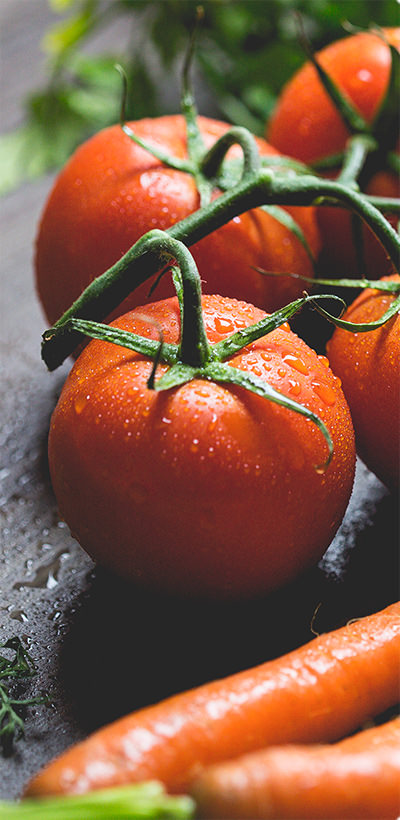All Season Blend Broccoli
Veseys Exclusive! Best choice for home gardeners. This blend is a mix of some of our most popular varieties that will spread out your harvest for a longer period of time. Approx. 100 seeds/pkg.
Scroll down for more details and growing information.

Details
Growing Information
Broccoli
All members of the crucifer family contain indoles which are nitrogen compounds that appear to protect our cells’ DNA from carcinogens; hence are anti-cancer vegetables.
Planting:
Plant seeds 1⁄4-1⁄2 inches deep. Transplant or thin small plants to 15-18 inches apart in rows 32-36 inches apart. Transplants can be started in April for May planting. Transplant after 4-6 weeks. Use a starter fertilizer, soaking the root ball thoroughly prior to transplanting. Direct seed in late spring, as seedlings can tolerate a light frost. Broccoli can be direct seeded up until mid-late June for a continuous harvest. Soil temperature should be 21-26 degrees C for optimal germination in 4-7 days.
Growing:
Broccoli prefers full sun, but will tolerate part shade. Prepare a rich, loose soil that holds moisture well and has pH level of 6.0-6.5. Broccoli is a heavy feeder and will also benefit from applications of boron, calcium and magnesium, particularly during the early stages of growth. Hollow stem in broccoli is related to boron deficiency.
Harvest:
Harvest when the buds of the head are firm and tight, cutting 5 to 10 inches down on the stalk. This will promote the growth of side shoots which will provide an abundance of smaller heads over a long period.
Pests & Diseases:
Cabbage worms and loopers (white and yellow butterflies) can be controlled using BTK, Rotenone or Pyrethrum. Use row covers to block out all insects including root maggots, aphids and Diamondback moths. Maintaining soil pH of 6.8 and higher will discourage club root. Fungal and bacteria diseases such as head rot and downy mildew can be prevented by allowing good air circulation and avoiding a mid August maturity when the air humidity is higher. Strong healthy plants growing in an organically rich soil will be better able to fight disease.
Companions:
Bush bean, beet, carrot, celery, chard, cucumber, dill, lettuce, onion family, potato, spinach, tomato.



